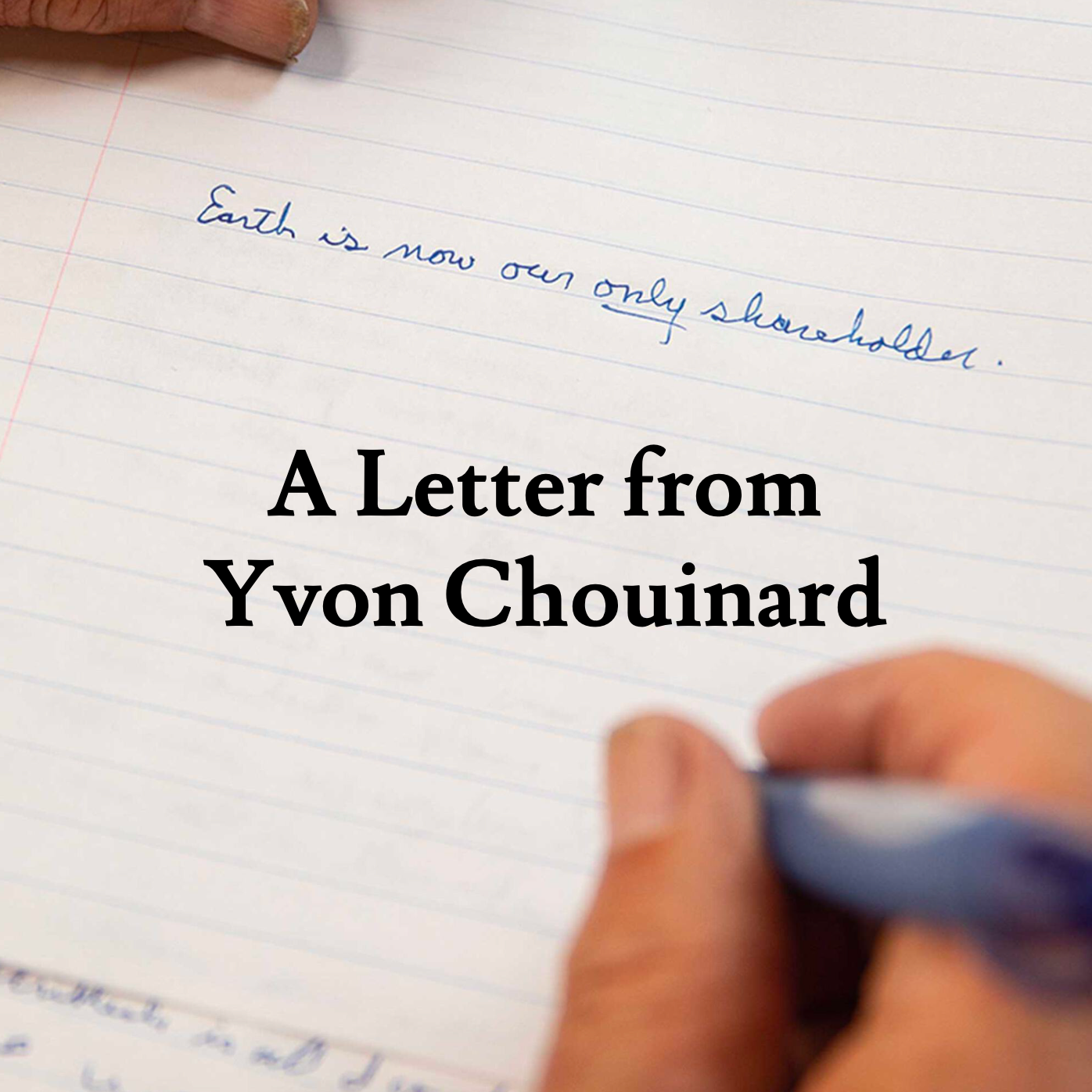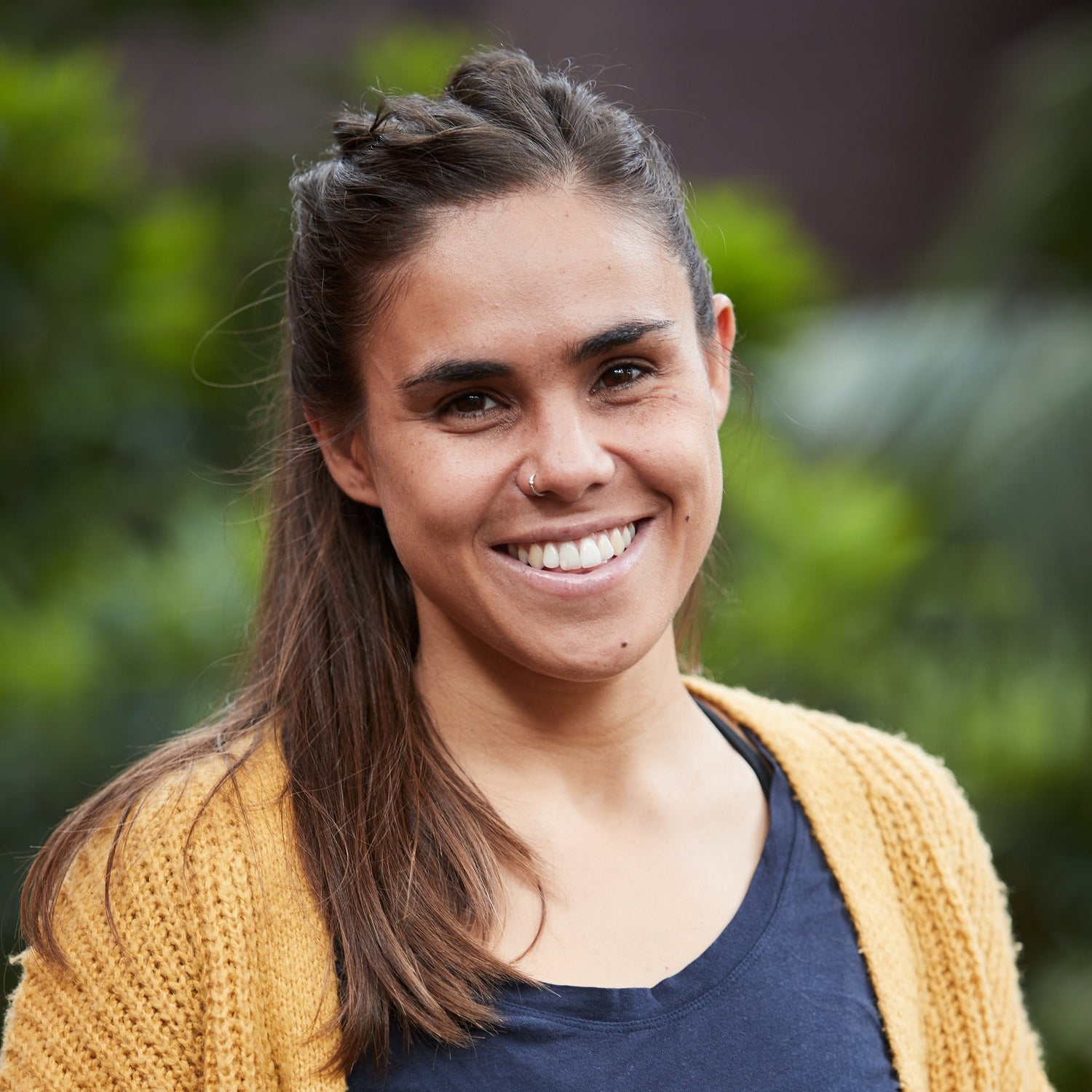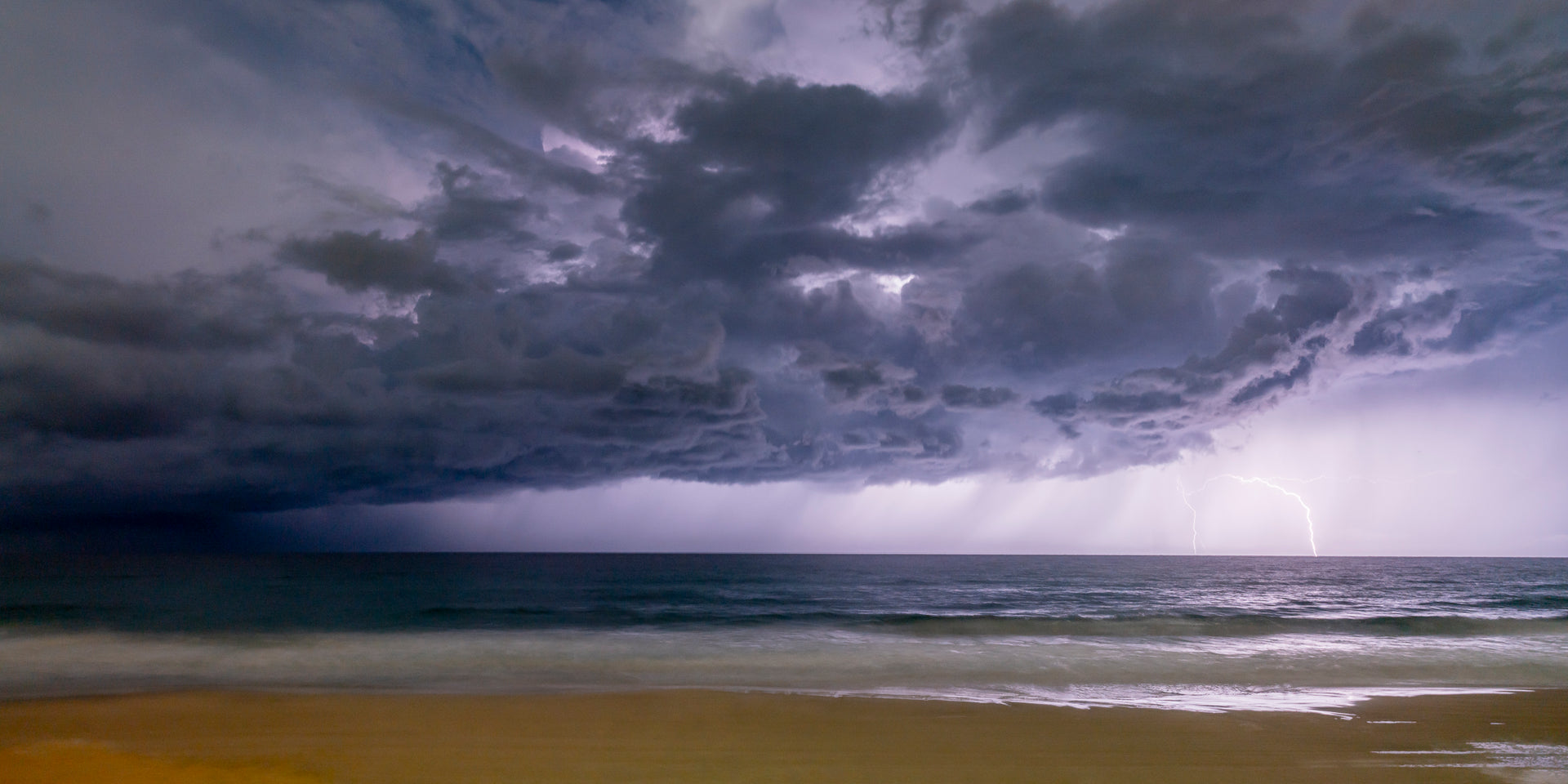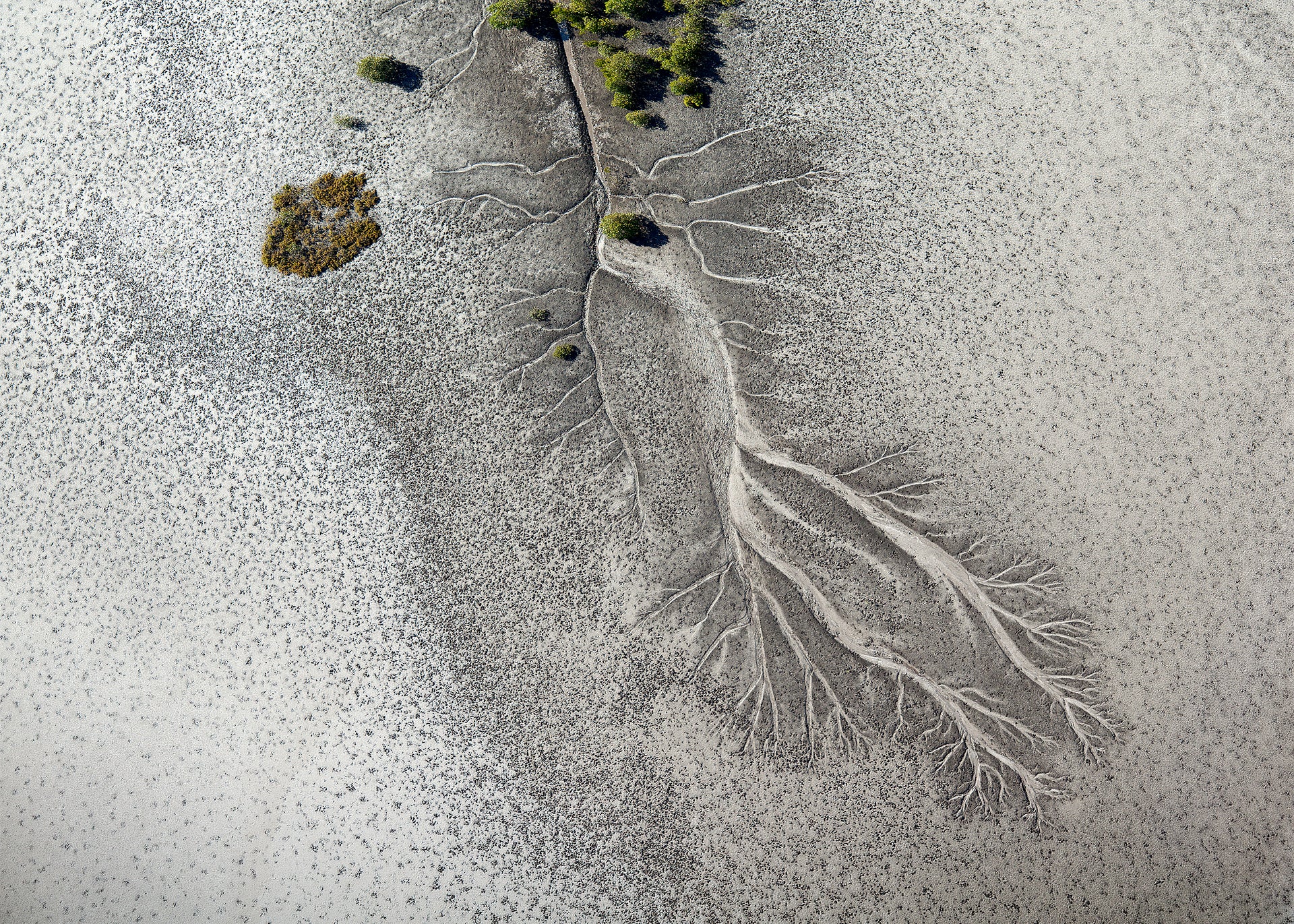Amelia Telford is a Bundjalung and South Sea Islander woman who grew up in Northern NSW. After leaving school, ‘Millie’ – alongside Larissa Baldwin-Roberts – co-founded Seed Mob, the first Indigenous youth climate network. Campaigning against gas fracking on Country and building a strong national youth movement on climate, she earned NAIDOC’s Youth of the Year title. Millie continues her work today building capacity of First Nations led movements and advocacy across Australia with the Australian Progress group.
Can you tell us about the origins of the Voice?
What's important to start with is the history of the country and the fact that ever since colonisation, Aboriginal and Torres Strait Islander people have been fighting for our rights – land rights, basic human rights – but also to protect our Country, to protect our children, our future, our old people and our culture. All of that. And because of that brutal history we need to be honest about in this country, there are a lot of struggles our people have gone through. And so across many different issues, we've constantly had to advocate for our own rights and advocate to be able to have a say on issues that affect us. And so over the generations, there's been lots of different ways that our people have done that, and lots of different ways we've tried to have a voice on issues that affect us. But this latest iteration that we're going to a referendum on comes from the Uluru Statement and has three parts to it around Voice, Treaty, and Truth. The referendum gives people an opportunity to vote on whether or not people agree that Aboriginal and Torres Strait Islander peoples should have a say on issues that affect us. That’s what the Voice to Parliament would be if the referendum is successful.
How important is it for Indigenous Australians to have direct representation?
Over the years we've had groups like ATSIC or the National Congress of Australia's First Peoples – representative bodies nationally for Aboriginal and Torres Strait Islander peoples – but when those representative bodies started challenging government on their inaction or their racist, harmful, hurtful policies, when the government didn't like what those representative bodies were saying, they just got rid of them. They defunded them and said, see you later. So that's why this had to go to a referendum, because if it gets up, it would be enshrined in the Constitution, which means the only way they could get rid of it is by going to another referendum. I guess the other thing I would just say is that obviously it is really uncomfortable and doesn't feel right that 97 per cent of the population gets to have a say on this. It's something that affects approximately 3 per cent, but unfortunately that's the only way you can change the Constitution, through a referendum. The government could have legislated a representative body but the risk in that is what we've seen play out historically. When it comes to the representation we have in parliament at the moment – in terms of Aboriginal and Torres Strait Islander members of parliament or senators, at both state and federal levels – I think it's incredible that we have the most First Nations people in those positions we’ve ever had. But the reality is that those people represent their electorates, first and foremost. They’re First Nations people, but their role and their remit is to represent their whole community, and that includes non-Indigenous people as well. So the difference here is that the Voice to Parliament would be a mechanism for us to have a say on issues that affect us and actually feed into the policies that impact our everyday lives. Often governments have made top-down decisions by people who don't know what it means to be an Aboriginal person, who don't know the experiences we’ve had, don’t know the challenges we face in community. I think at the end of the day, anyone, regardless of who you are, can empathise with what it feels like to not be listened to and to be excluded from a decision that has an impact on your life.
How pivotal is this moment? How pivotal could it be?
I think for me, why I've really wanted to put time into this is because referendums are about voting on a principle and that principle sends a message to the country. And this is a vote about us as First Nations people, and it's really about asking, do people want to see change? Do people support and value First Nations people? And I really hope the country says ‘yes’ to that. And I worry that if the country says ‘no’, then where does that leave us? Does that take us backwards? How does that impact all the other campaigns for justice, whether it's climate justice, whether it's protecting Country, housing, ending deaths in custody, so many of the other issues that we've been fighting for a really long time? What does a ‘no’ vote mean for all that? And so for me, it's really about the message that's being sent, and I hope that's a message that is not just ‘yes’ to the Voice to Parliament, but ‘yes’ to get us on the pathway to treaties, to truth telling and to a future where our communities thrive. Ultimately when we have that, everyone thrives.














